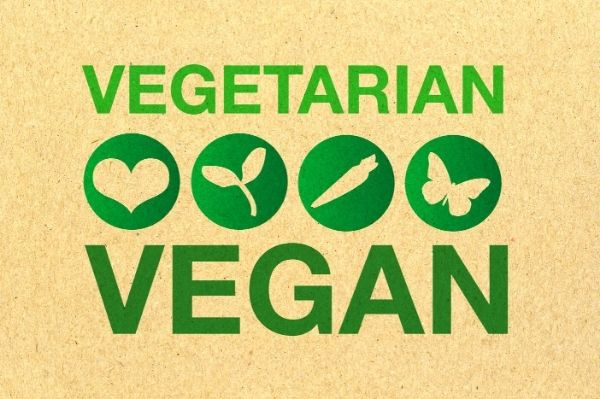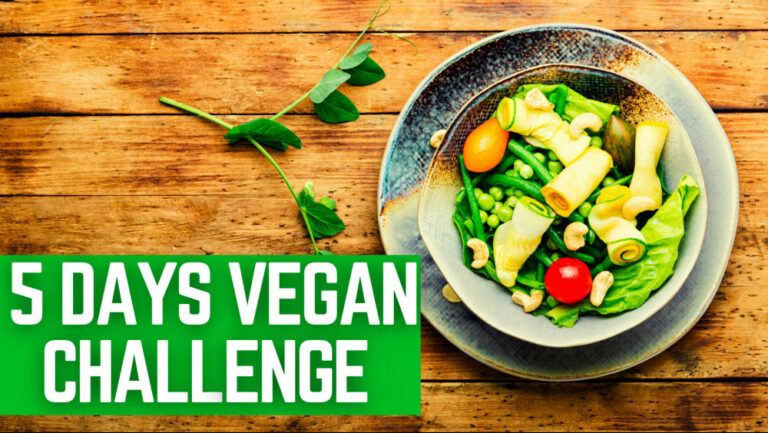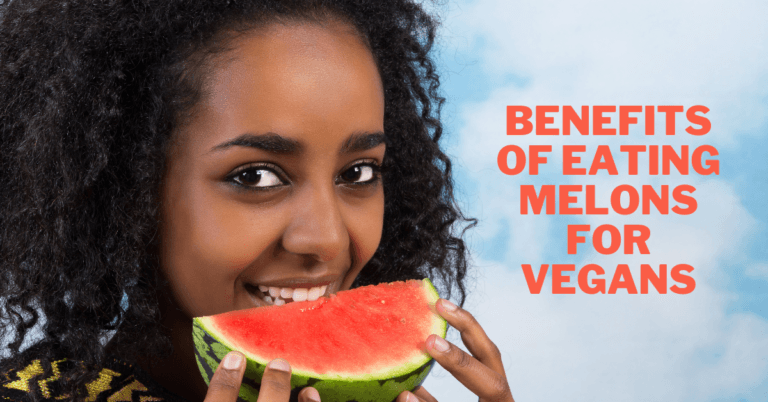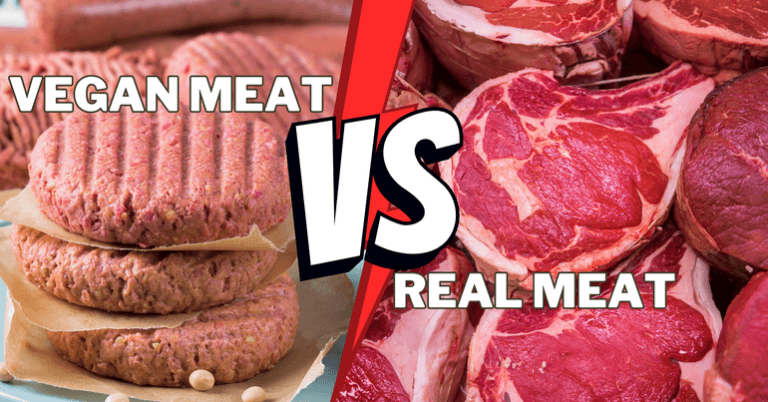Tips To Choose The Best Vegan Milk
Tips To Choose The Best Vegan Milk
Choosing the best vegan milk can be a rewarding and enjoyable experience, as numerous plant-based options are available today.
Whether you're lactose intolerant, have a dairy allergy, or prefer a cruelty-free and environmentally friendly alternative, finding the right vegan milk for you can elevate your daily beverages, cereal, coffee, and cooking.
This article will explore essential tips and factors to consider when selecting the best vegan milk that suits your taste preferences, nutritional needs, and lifestyle.
From nut milk like almond and cashew to oat milk, soy milk, and more, each type of vegan milk has its unique qualities, and we'll delve into the attributes of each to guide you in making the most informed and satisfying choice.
Get ready to discover the diverse world of vegan milk and embark on a flavour, health, and sustainability journey!
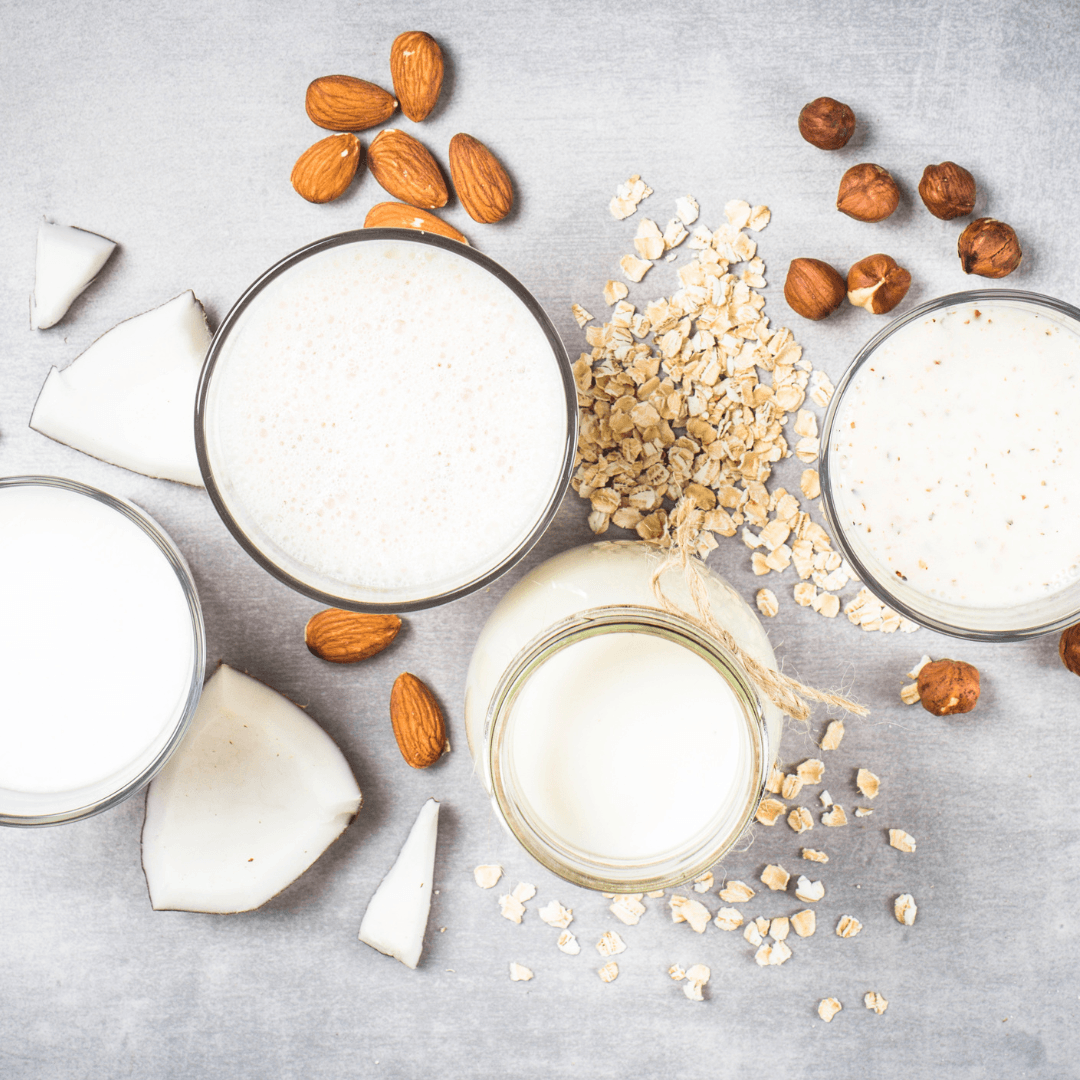
Reasons To Consume Vegan Milk Over Animal Milk
Drinking vegan milk offers numerous benefits for individuals and the planet.
Firstly, it caters to those with dietary restrictions or ethical choices, such as vegans, vegetarians, and individuals with lactose intolerance or milk allergies.
Plant-based milk alternatives are free from animal products, making them suitable for those seeking cruelty-free alternatives.
Secondly, vegan milk can be more environmentally friendly than traditional dairy milk. Plant-based milk production generally requires fewer natural resources like water and land.
This is leading to lower greenhouse gas emissions and a reduced carbon footprint. Choosing vegan milk can contribute to a more sustainable and eco-conscious lifestyle.
Moreover, vegan milk varieties are typically fortified with essential nutrients like calcium, vitamin D, and vitamin B12, which are crucial for bone health, immune function, and overall well-being.
This fortification ensures that individuals who opt for plant-based milk can still meet their nutritional needs.
Additionally, some vegan options, like almond and soy milk, are good sources of plant-based proteins, making them suitable for those who want to increase their protein intake without relying on animal sources.
Vegan milk also offers versatility in culinary applications. It can be used in various recipes, such as smoothies, coffee, baked goods, and savoury dishes, without compromising taste or texture.
The variety of flavours, including almond, oat, coconut, and pea milk, allows consumers to find their preferred taste profile.
Opting for vegan milk aligns with ethical, environmental, and health considerations, making it a sustainable and nutritious choice for people looking to positively impact their health and the planet.
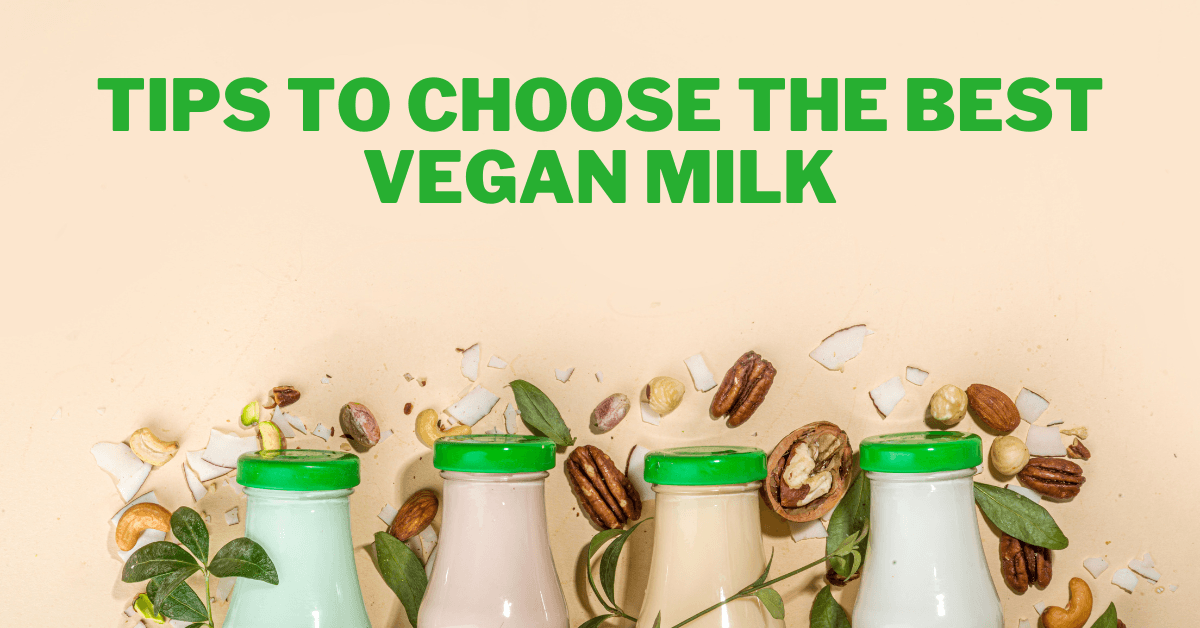
Tips To Choose The Best Vegan Milk
With increasing plant-based milk alternatives in the market, choosing the best one for your needs can be exciting and overwhelming.
Whether you're transitioning to a vegan lifestyle, have lactose intolerance, or simply want to explore new dairy-free options, finding the perfect vegan milk can enhance your culinary experiences and align with your health and ethical values.
Choosing the best vegan milk can be a personal preference based on taste, dietary needs, and sustainability goals. Here are some tips to help you find the right vegan milk for you:
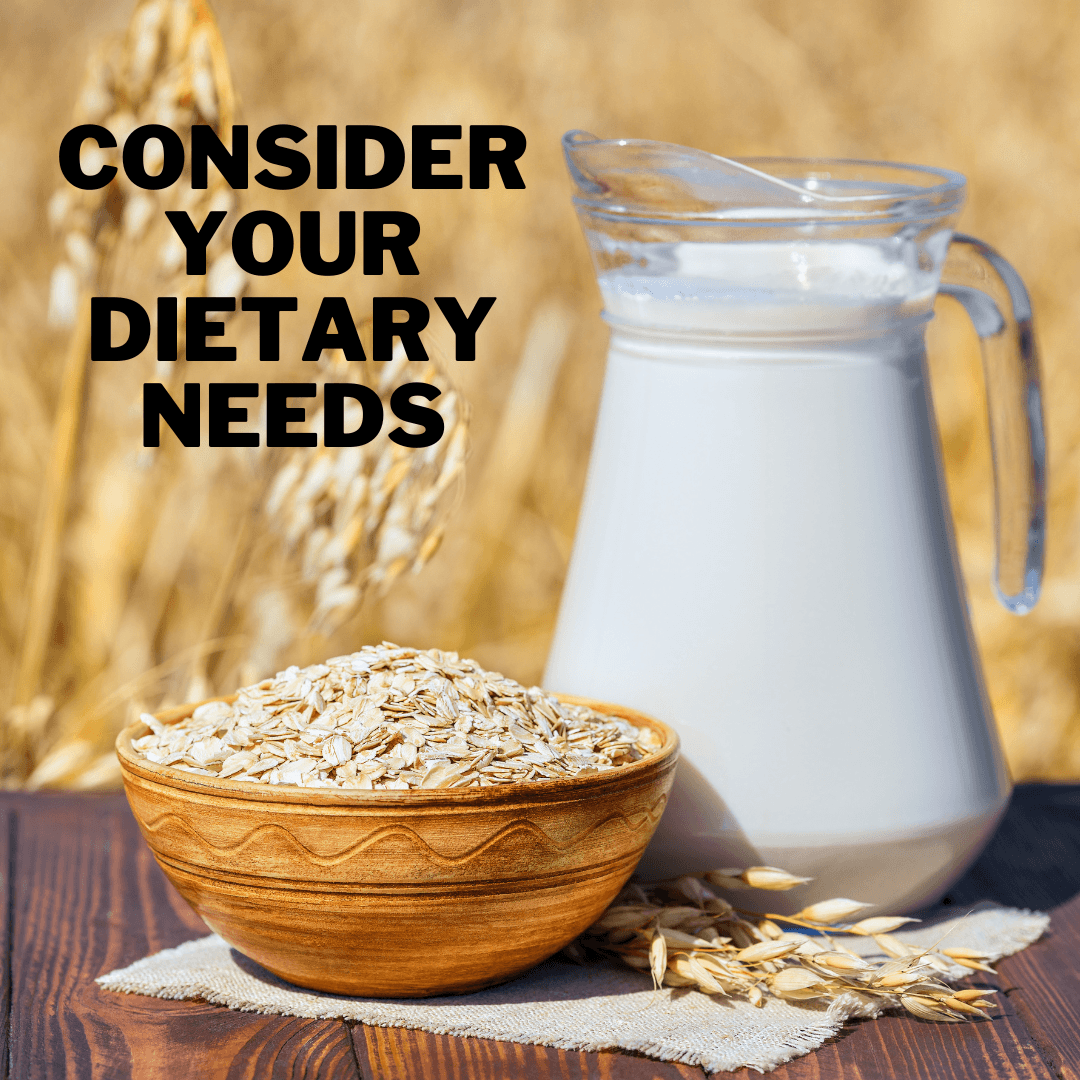
1. Consider Your Dietary Needs
Your dietary needs are crucial when choosing the best vegan milk. If you have nut allergies or intolerances, almond and cashew milk may not be suitable options. Instead, select soy, oat, or rice milk, which are nut-free alternatives.
If you need more protein in your diet, soy and pea milk are excellent choices as they contain higher protein than almond or oat milk.
Almond or coconut milk can be good alternatives for those with soy allergies. If you follow a gluten-free diet, ensure that the milk you choose is free from wheat-based ingredients, as some plant-based milk may contain wheat as a thickening agent.
Additionally, consider any other dietary preferences or restrictions you have, such as organic, non-GMO, or sugar-free options, to align your milk choice with your overall dietary goals.
By carefully reviewing the ingredient list and nutritional information, you can select a vegan milk that perfectly complements your dietary needs and enhances your overall health and well-being.
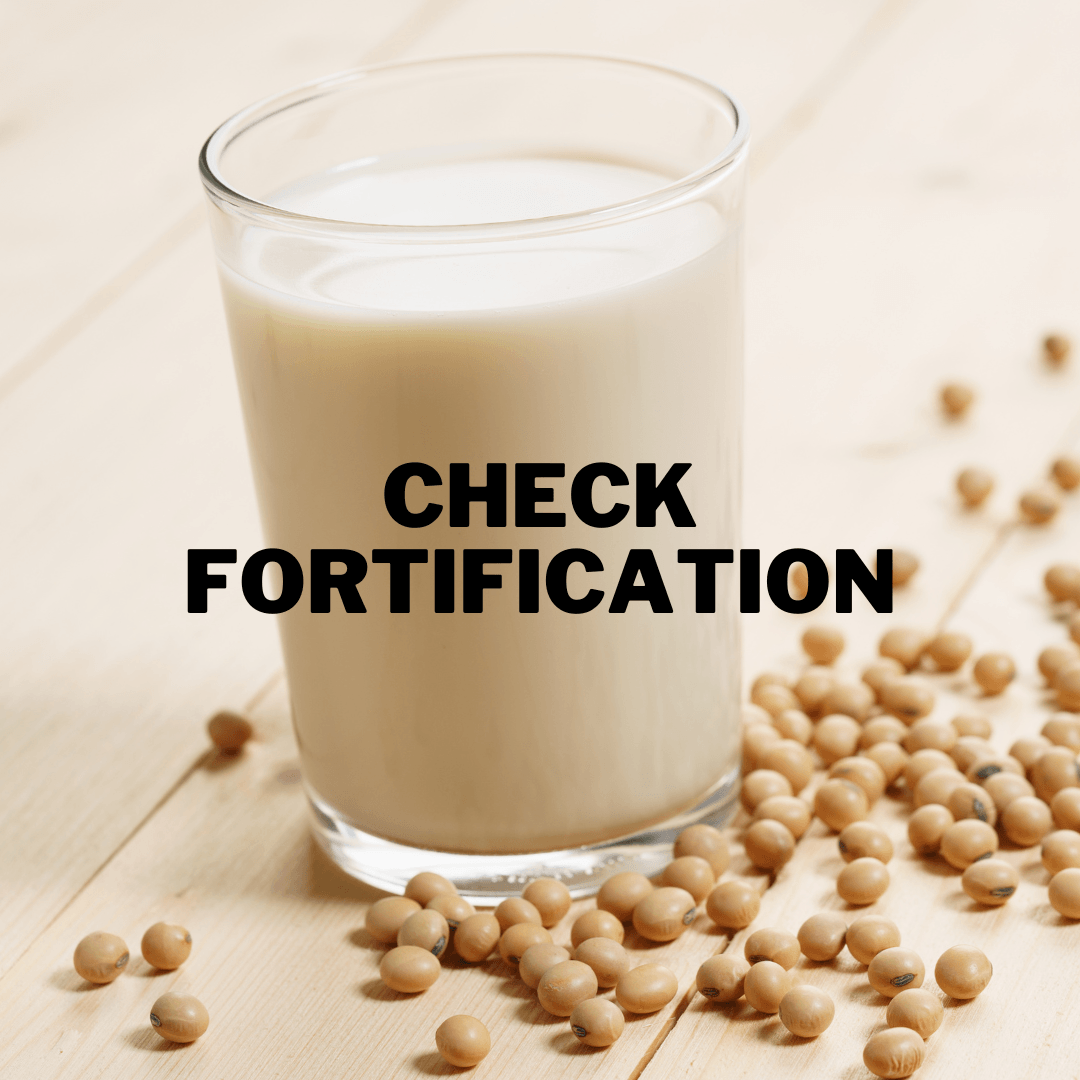
2. Check Fortification
When choosing the best vegan milk, it is essential to check for fortification with essential nutrients.
Calcium, vitamin D, and vitamin B12 are crucial nutrients commonly found in dairy milk, and they play vital roles in maintaining bone health, supporting immune function, and promoting overall well-being.
Vegan milk alternatives may not naturally contain these nutrients at the same levels as dairy milk, so opting for fortified options is important.
Calcium is essential for strong bones and teeth, while vitamin D aids calcium absorption and promotes immune health. Vitamin B12 is vital for nerve function and red blood cell production.
Fortified vegan milk can be an excellent way to ensure you get these essential nutrients, especially if you are transitioning from dairy milk to plant-based options.
When comparing various vegan milk brands, check the product labels for information on fortification, and choose those that provide significant amounts of calcium, vitamin D, and vitamin B12 to help meet your nutritional needs and maintain your overall health.
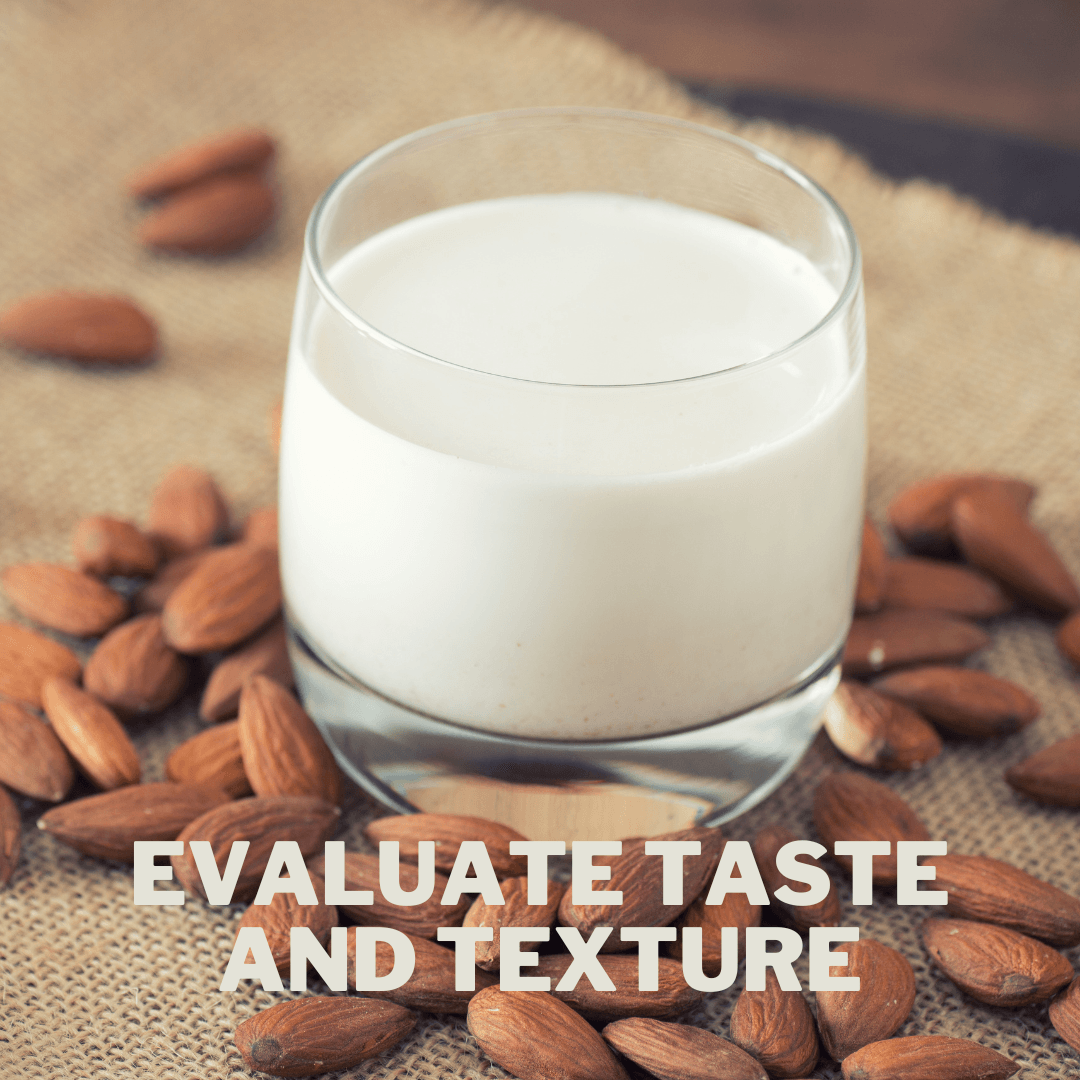
3. Evaluate Taste And Texture
When choosing the best vegan milk, it's essential to consider the taste and texture that best suits your palate and culinary needs.
Each plant-based milk alternative offers a distinct flavour profile and texture, making it crucial to experiment with various options.
For instance, oat milk is known for its creamy consistency and slightly sweet taste, making it a popular choice for coffee and lattes.
Almond milk, conversely, has a nutty flavour and a thinner texture, making it suitable for smoothies and cereal.
Soy milk provides a creamier texture and a more neutral taste, making it a versatile option for cooking and baking.
Coconut milk offers a rich tropical flavour, lending itself to curries and desserts. Pea milk is gaining popularity for its high protein content and mild taste, making it a great choice for protein shakes and savoury dishes.
Consider trying different varieties and brands to find the best vegan milk for your preferences.
Taste them on their own and in various recipes to see how they complement the flavours and textures of the dishes you enjoy.
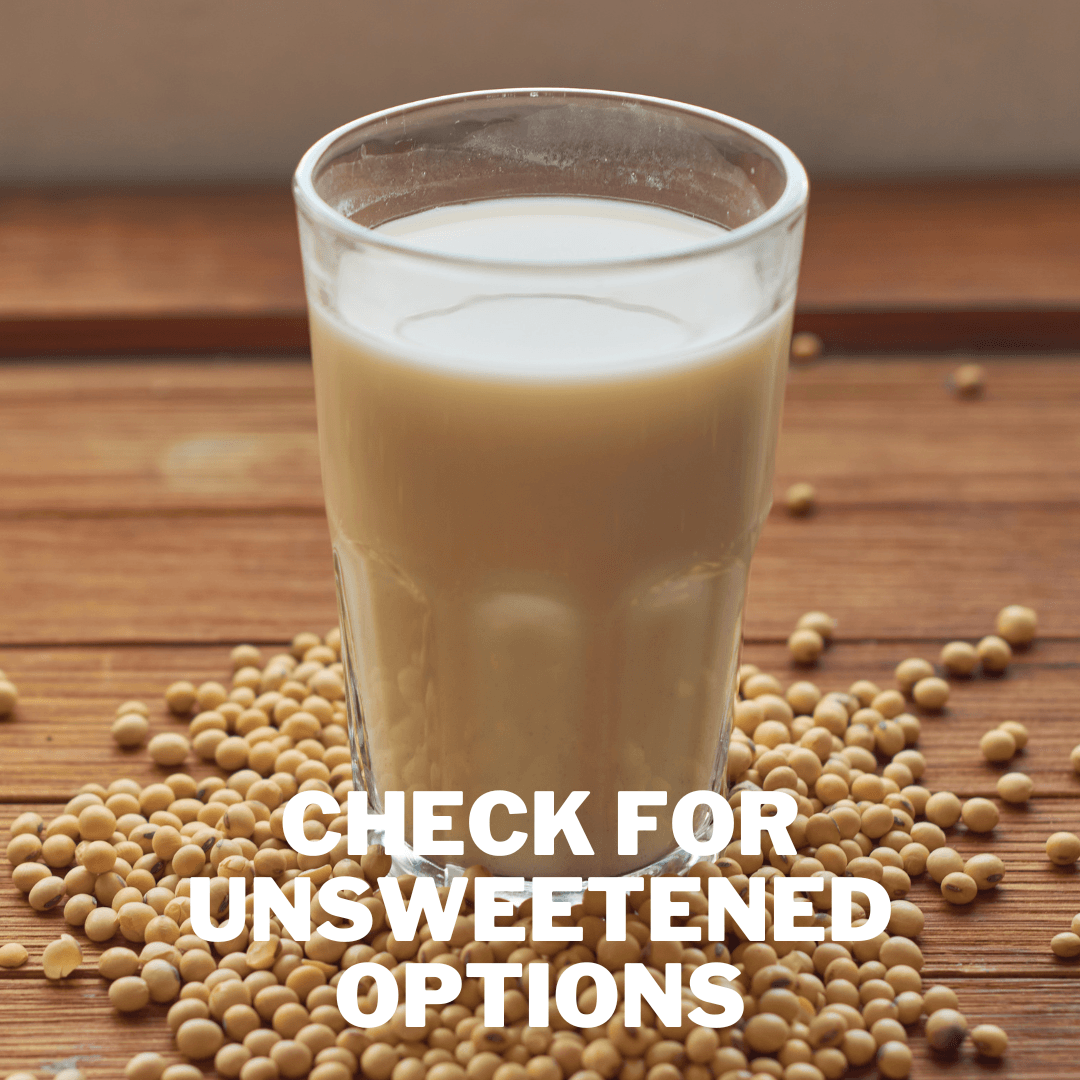
4. Check For Unsweetened Options
When choosing the best vegan milk, it's essential to consider the sugar content, especially if you are mindful of added sugars in your diet.
Many plant-based milk alternatives come in both sweetened and unsweetened versions. Opting for unsweetened options gives you more control over the sweetness in your beverages and recipes.
Unsweetened vegan milk is a great choice for those who prefer a more neutral taste and want to avoid excess sugars. It also benefits individuals with diabetes or those following a low-sugar diet.
Unsweetened plant-based milk can still provide a creamy and satisfying texture without the added sugars, making it a versatile choice for various culinary applications.
When reading the labels, ensure that your product contains no added sugars or artificial sweeteners.
Instead, look for natural, unsweetened alternatives that retain the wholesome taste of plant-based ingredients.
By selecting unsweetened vegan milk, you can enjoy the health benefits of plant-based nutrition without compromising your sugar intake.
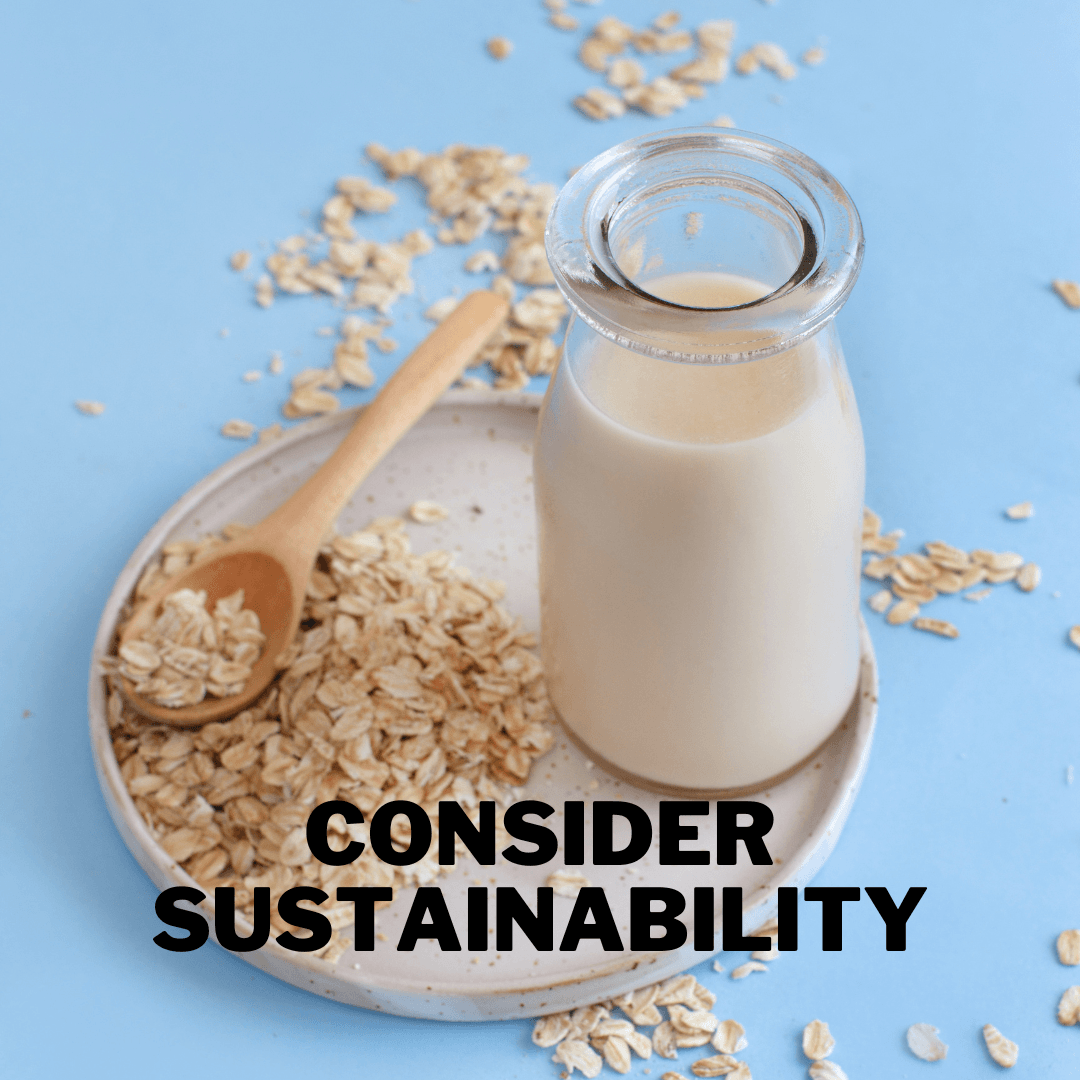
5. Consider Sustainability
When choosing the best vegan milk, it's essential to consider the sustainability of the product and its environmental impact.
Some plant-based milk alternatives, such as almond milk, have been criticized for their high water usage and the environmental impact of almond farming.
To make environmentally conscious choices, look for brands prioritizing sustainability and using eco-friendly practices in their production processes.
Consider options like oat or hemp milk, which generally have a lower environmental footprint than almond milk.
Oat milk is often praised for its sustainable production, as oats require less water and land to cultivate.
Hemp milk is also considered eco-friendly due to the fast-growing nature of hemp plants and their minimal water needs.
Additionally, some brands source their ingredients from organic and regenerative farms, further promoting sustainability and reducing the use of harmful chemicals.
By selecting vegan milk alternatives from brands committed to sustainability, you can enjoy your beverages while knowing you are positively impacting the environment.
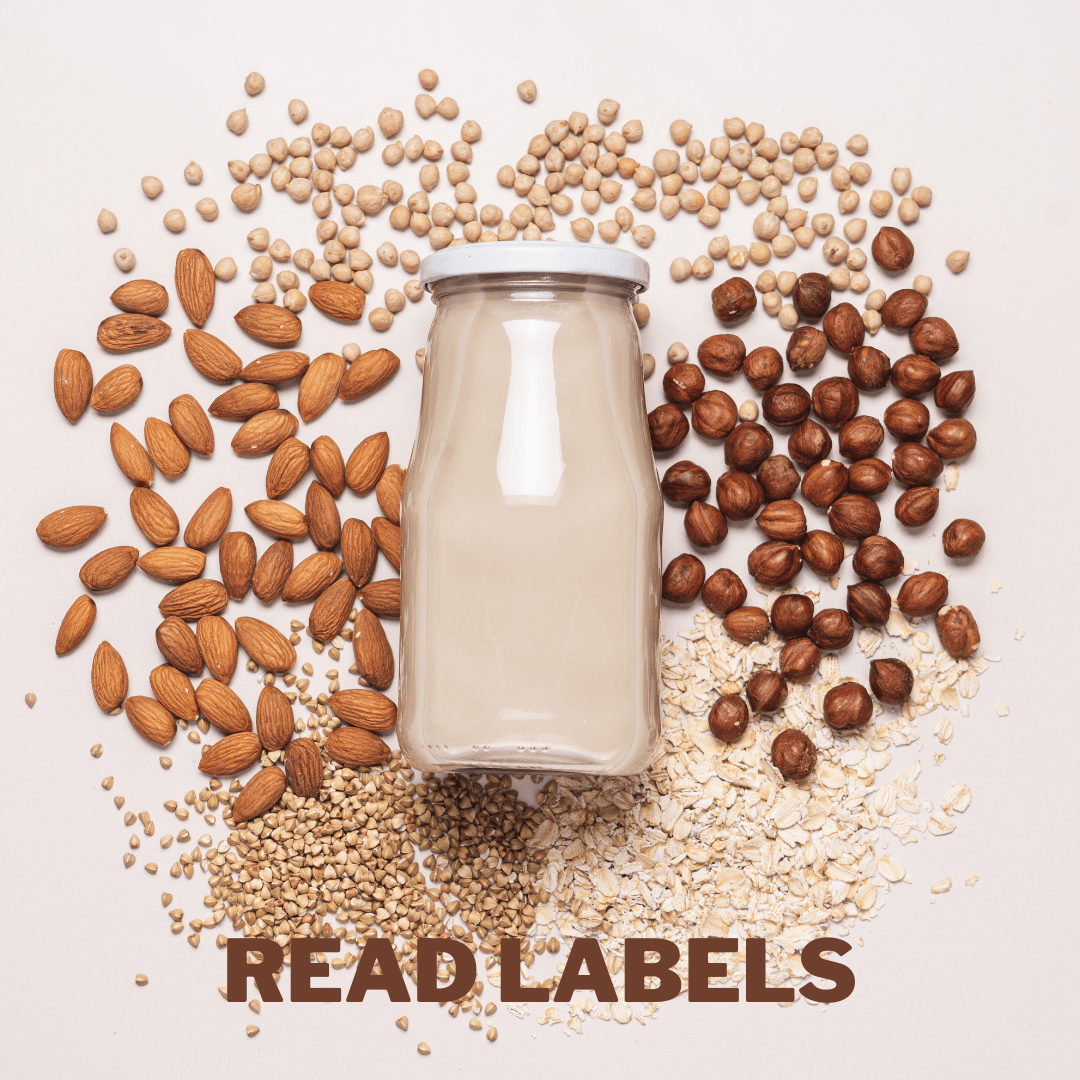
6. Read Labels
When looking for the best vegan milk, it's essential to read labels and be mindful of the ingredients used in the product.
Some plant-based milk alternatives may contain added stabilizers, emulsifiers, and preservatives to improve shelf life and texture.
While these additives are generally safe, some individuals may prefer a more natural and wholesome option.
Look for products with minimal and recognizable ingredients, such as almonds or oats for almond and oat milk. Products with artificial flavours, colours, or excessive amounts of sugar should be avoided.
Opt for unsweetened or lightly sweetened versions to control the sweetness in your beverages and recipes.
Additionally, consider choosing organic options to avoid potential exposure to pesticides and chemicals used in conventional farming.
By reading labels and selecting vegan milk with simple and clean ingredients, you can enjoy a healthier and more natural plant-based beverage that aligns with your dietary preferences.
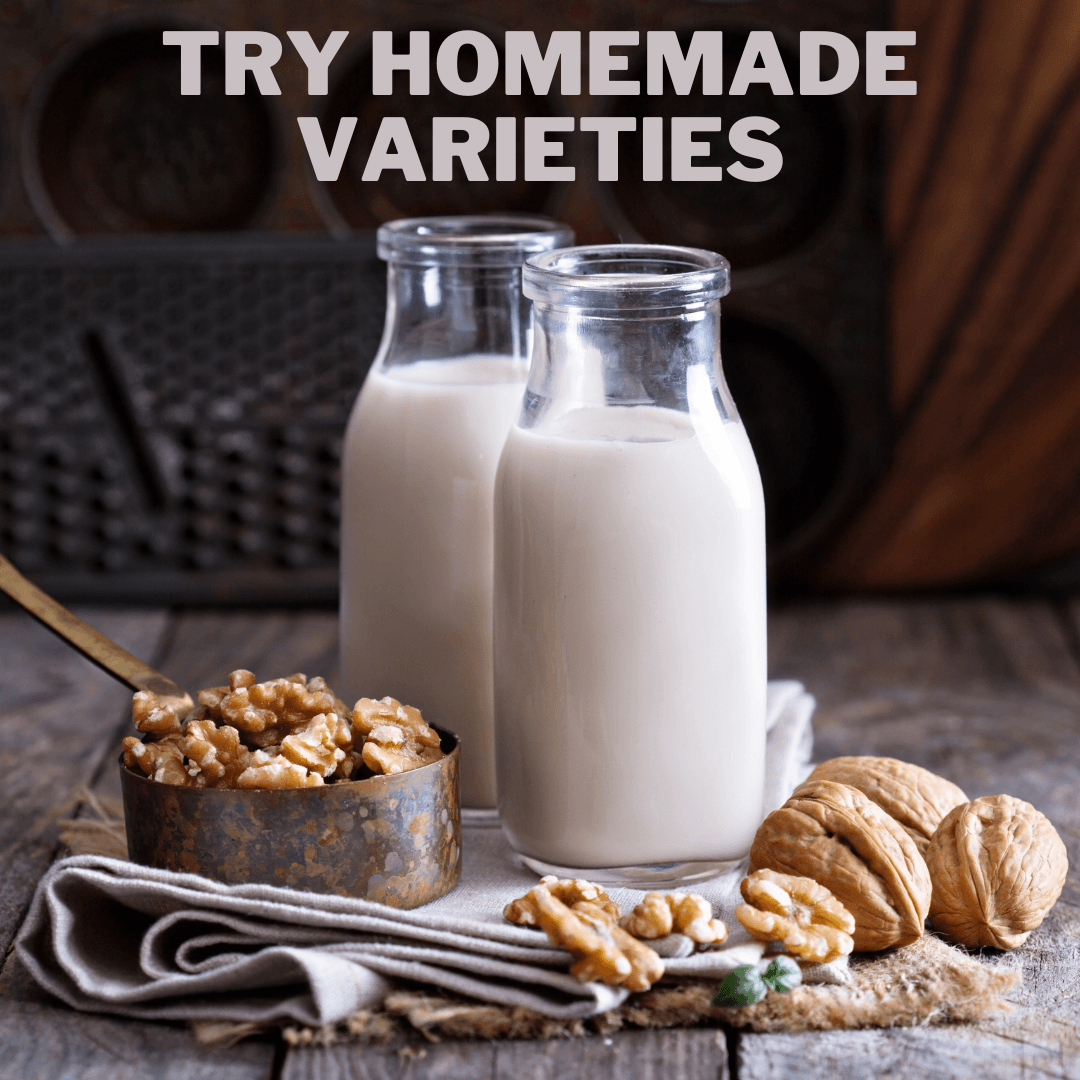
7. Try Homemade Varieties
Making homemade vegan milk is a great way to explore different flavours and tailor the milk to your liking.
You can experiment with ingredients such as almonds, cashews, hemp seeds, oats, or soybeans to create your preferred plant-based milk.
Homemade vegan milk allows you to control the sweetness and texture, ensuring it perfectly suits your taste buds and culinary needs.
Additionally, making vegan milk is cost-effective and reduces waste, as you can use the remaining nut or seed pulp in other recipes like smoothies or baked goods.
The process is relatively simple and typically involves soaking the nuts or seeds, blending them with water, and straining the mixture through a nut milk bag or cheesecloth.
You can also add natural sweeteners like dates or maple syrup if desired. You can avoid additives or preservatives with homemade vegan milk and enjoy a fresh, wholesome beverage tailored to your preferences and dietary needs.
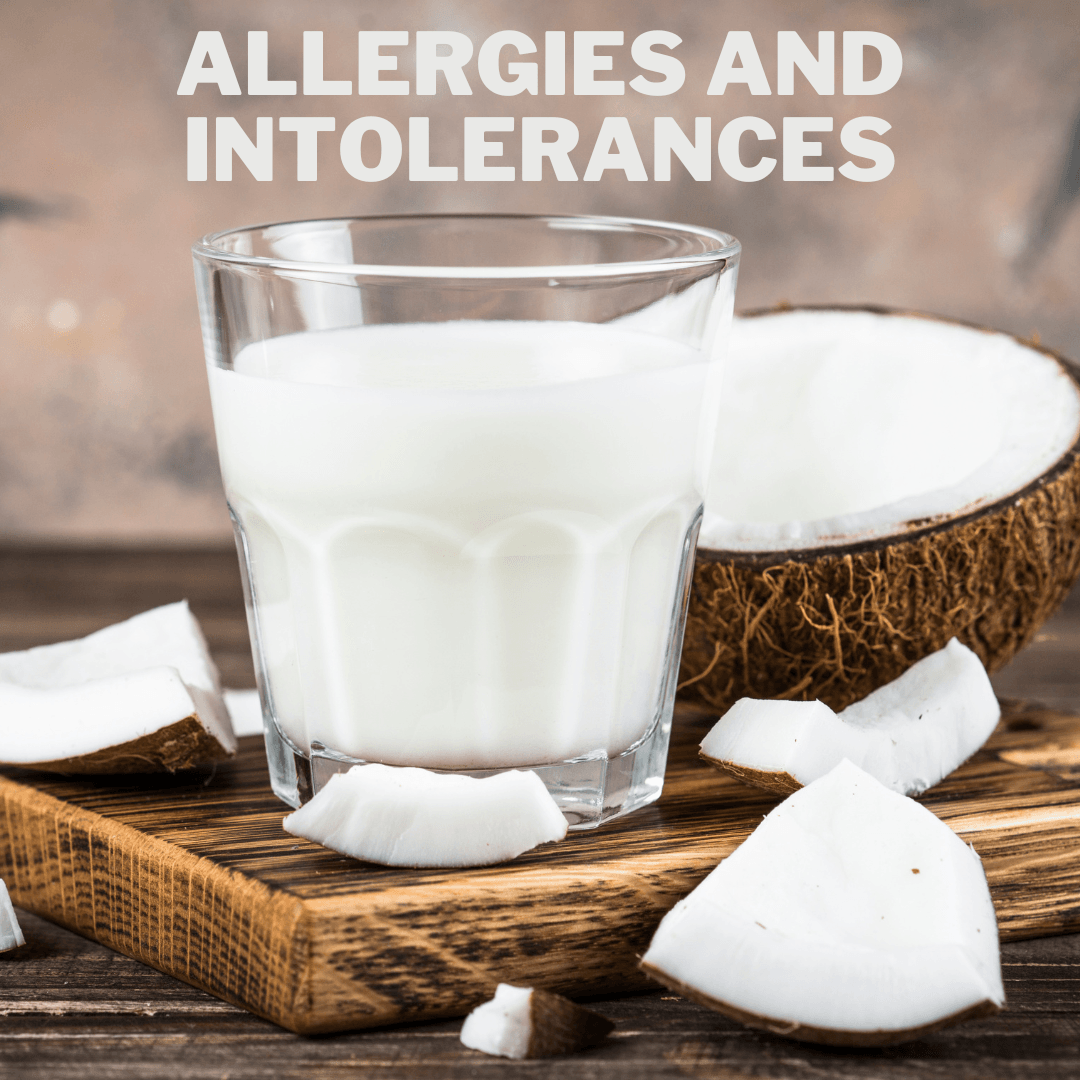
8. Allergies And Intolerances
To avoid potential allergens, reading labels is crucial for individuals with allergies or intolerances.
While many plant-based milk alternatives are free from common allergens like dairy, some may contain other allergenic ingredients.
For example, soy milk is a popular option but can be problematic for individuals with soy allergies.
Similarly, some oat milk products may have gluten cross-contamination, which can be an issue for those with gluten sensitivities or celiac disease.
It's essential to read the ingredient list and allergen information on the packaging carefully to ensure the product is safe for consumption.
Additionally, look for products labelled as “free from” specific allergens to minimize the risk of accidental exposure.
If you have severe allergies or intolerances, consider opting for homemade vegan milk or specialty brands catering to allergen-free options.
Being mindful of potential allergens will help you find the best vegan milk alternative that suits your dietary needs and ensures a safe and enjoyable drinking experience.
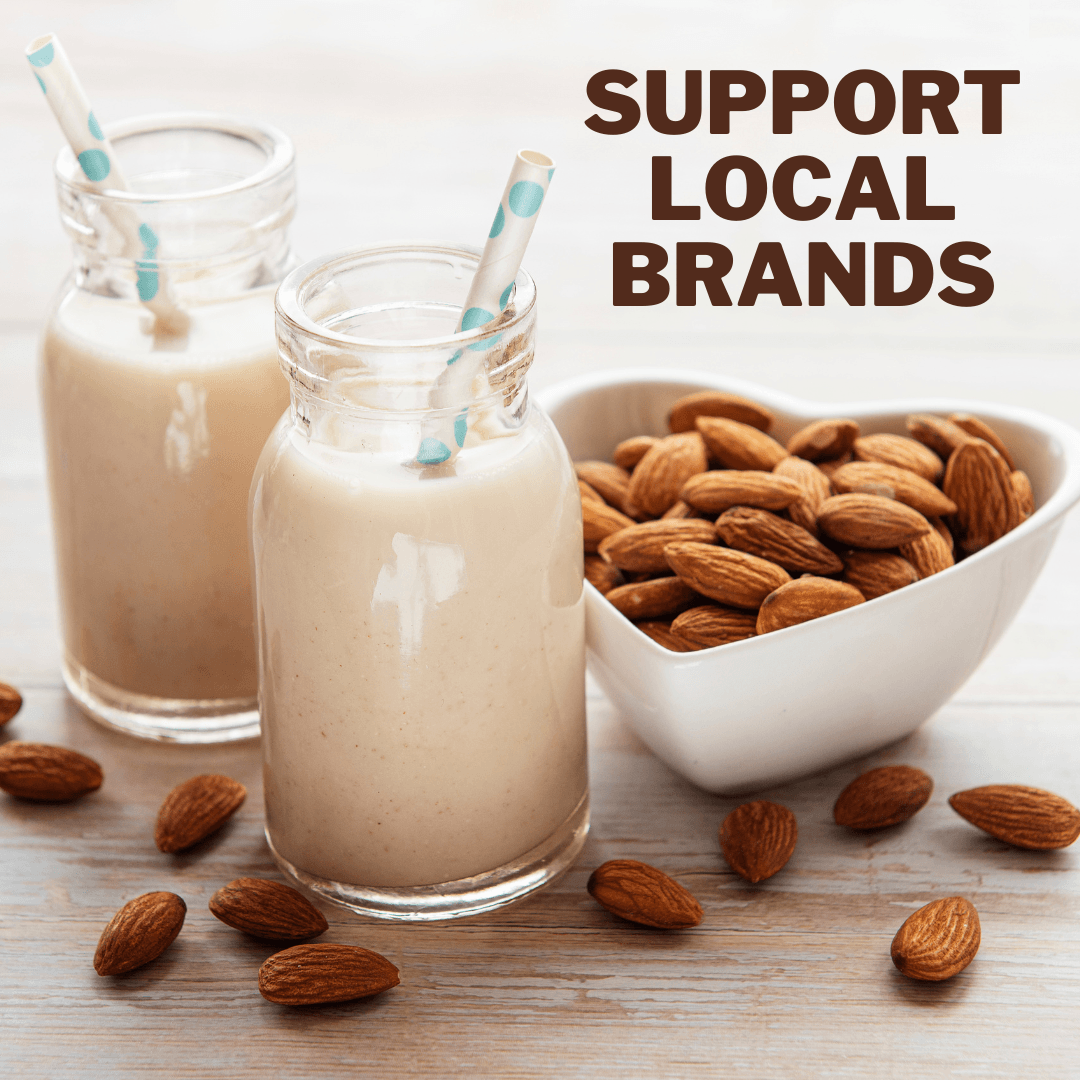
9. Price And Availability
Price and availability are practical factors when choosing the best vegan milk. The cost of plant-based milk can vary significantly depending on the brand, type, and location.
Specialty plant-based milk, such as those made from macadamia nuts or hemp, may be more expensive than almond or soy milk. If you're on a budget, opting for larger cartons or buying in bulk may help reduce costs.
Additionally, some brands offer more affordable options or promotions, so keeping an eye on sales and discounts can also be beneficial.
Availability is another critical aspect to consider. While almond and soy milk are widely available in most grocery stores, more niche options like oat milk or pea milk may be limited in some areas.
If you have specific preferences for vegan milk, check its availability in nearby stores or explore online shopping options.
Strike a balance between cost, availability, and your taste preferences to find the best vegan milk that fits your dietary needs and budget.
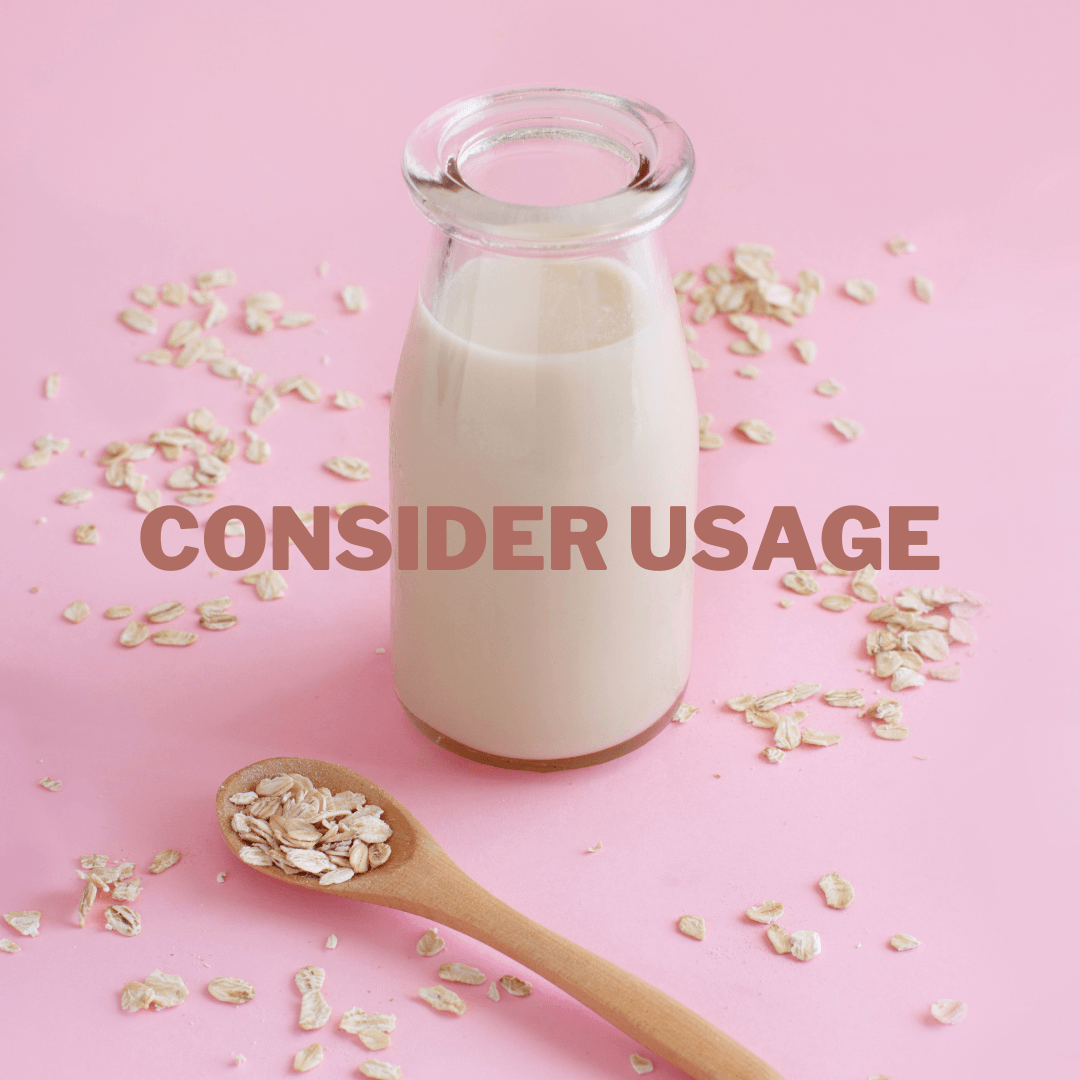
10. Consider Usage
Considering the intended usage of vegan milk is essential in finding the best option to suit your needs.
If you primarily use plant-based milk for beverages like coffee, tea, or smoothies, choose a variety with a creamy texture and a rich, flavourful taste, such as oat or almond milk.
These options can add a delightful touch to your drinks and provide a pleasant drinking experience.
On the other hand, if your main purpose is to use the milk in cooking or baking, a more neutral-flavoured option like soy milk or pea milk might be more suitable.
These varieties can seamlessly blend into recipes without overpowering the flavours of other ingredients.
Moreover, their high protein content can contribute to achieving desirable textures in sauces, soups, and baked goods.
Consider how the vegan milk will complement your culinary creations, and select a type that enhances your dishes' overall taste and consistency.
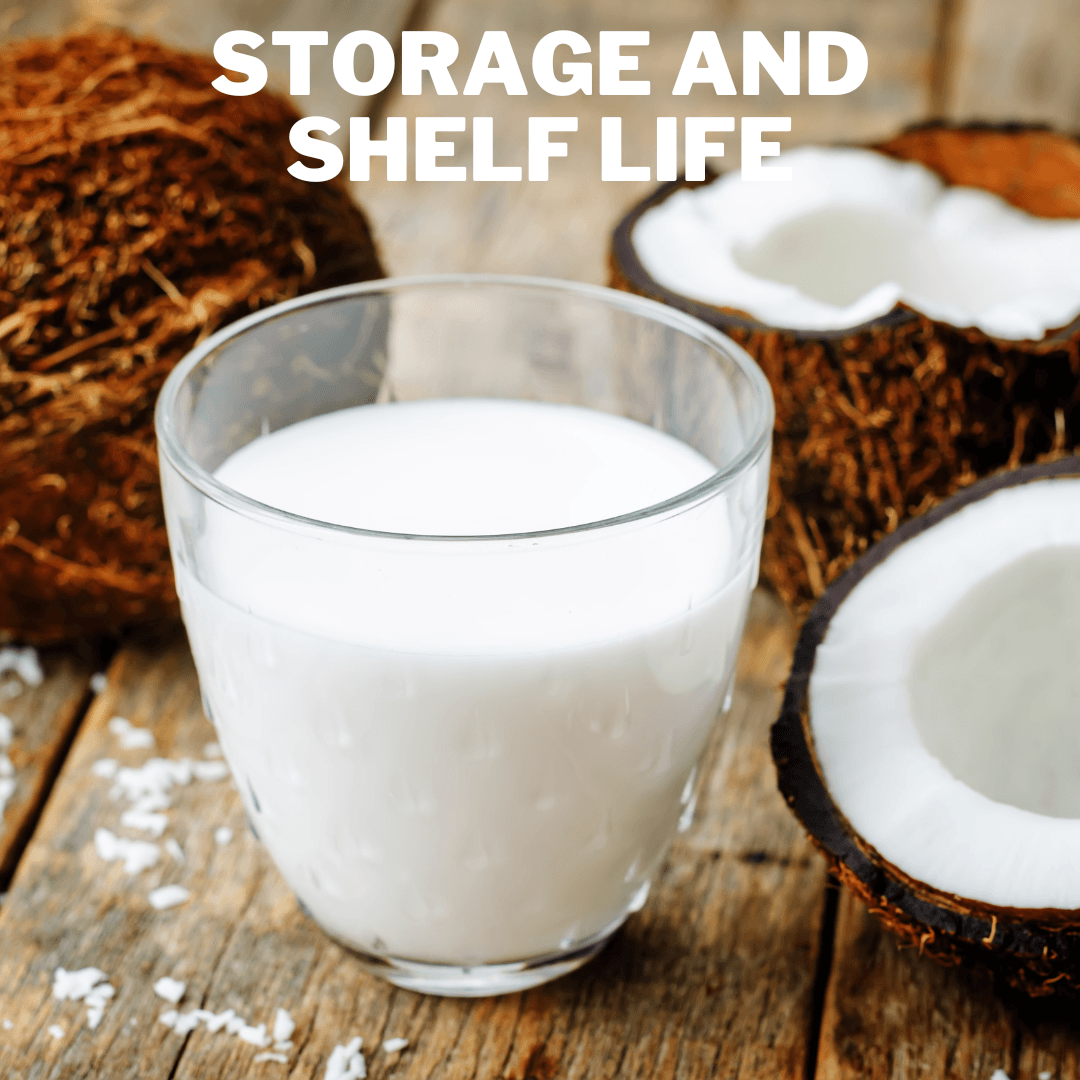
11. Storage And Shelf Life
Considering vegan milk's storage requirements and shelf life is crucial in ensuring its freshness and quality.
Plant-based alternatives, such as almond, oat and cashew milk, require refrigeration to maintain taste and texture.
These options usually have a shorter shelf life, typically 7 to 10 days after opening. On the other hand, certain plant-based milk, like soy or rice milk, can be shelf-stable and does not require refrigeration until opened.
These varieties usually have a longer shelf life, ranging from several months to a year. It is essential to read the packaging carefully and follow the storage instructions provided by the manufacturer to avoid spoilage or degradation of the milk.
If you prefer a milk alternative on hand for longer, consider choosing a shelf-stable option.
Conversely, if you use the milk quickly and value freshness, choose refrigerated options with a shorter shelf life.
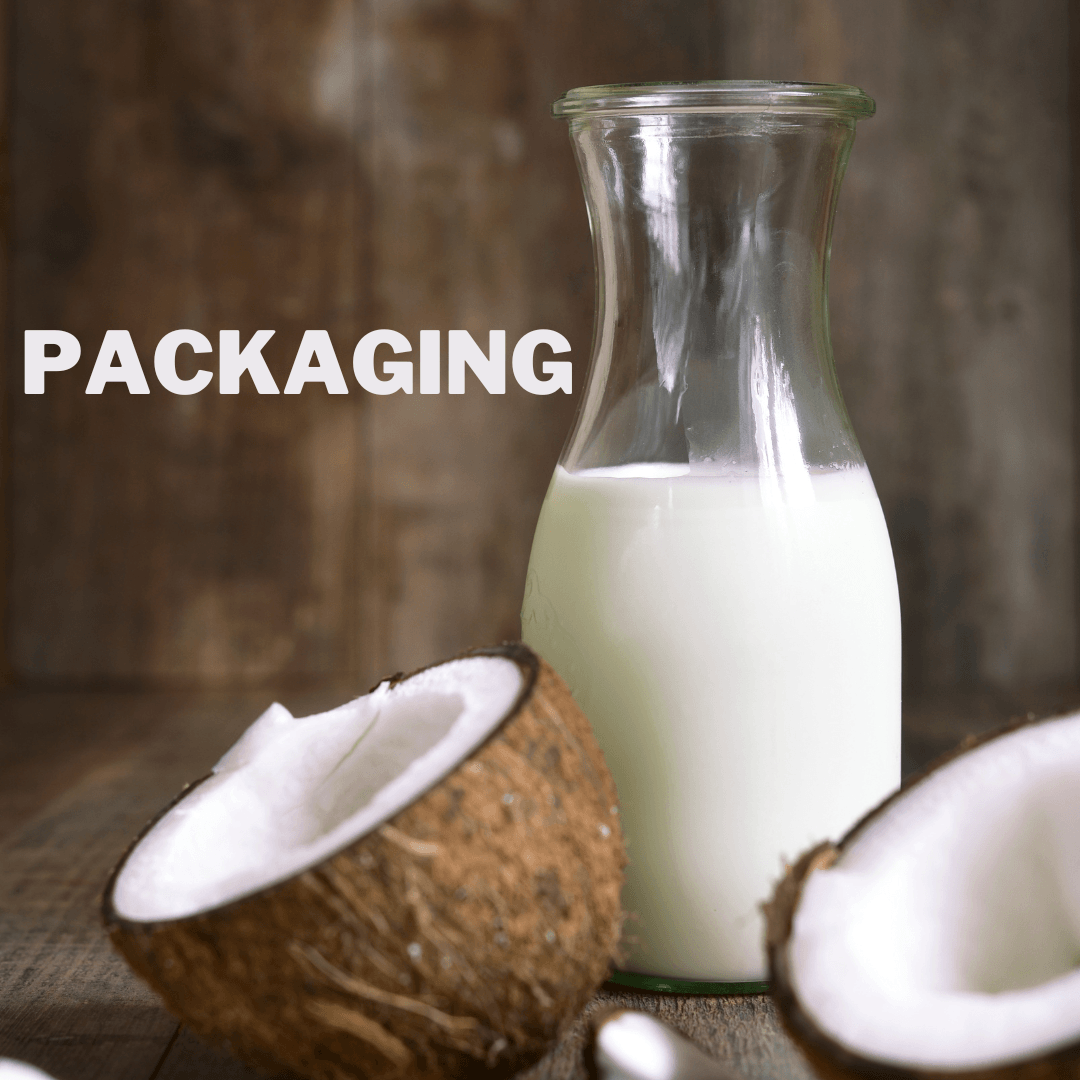
12. Packaging
Choosing plant-based milk brands that prioritize sustainable and eco-friendly packaging can significantly reduce environmental impact.
Look for milk products that use recyclable materials, such as paper cartons or glass bottles, which can be easily recycled.
Some brands also offer milk packaged in Tetra Paks, which are lightweight and have a lower carbon footprint than traditional plastic bottles.
Additionally, consider brands that use packaging made from renewable resources, like plant-based plastics derived from sugarcane or cornstarch.
These materials are biodegradable and have less environmental impact than traditional petroleum-based plastics.
Some companies even offer refill programs, where you can bring back your empty containers to be sanitized and reused, reducing waste and promoting a circular economy.
By opting for brands with sustainable packaging practices, you can play a part in reducing plastic waste and supporting more environmentally conscious production methods.

13. Support Local Brands
Supporting local or small-scale producers of vegan milk can have several benefits.
Firstly, buying locally produced milk can help reduce the carbon footprint associated with transportation and distribution.
It supports the local economy and small businesses, contributing to the growth and sustainability of the community.
Additionally, local producers prioritize quality and freshness, as they are closer to their products and customers.
This can result in unique and artisanal flavours that may not be found in mass-produced options.
By choosing to buy from local brands, you also have the opportunity to engage with the producers directly, gaining insights into their production methods and sourcing of ingredients.
Moreover, supporting small-scale producers encourages diversity in the market, fostering a competitive environment that promotes innovation and improvement in product offerings.
Overall, choosing local vegan milk brands benefits the environment and contributes to the growth and development of local businesses while allowing you to discover and enjoy their distinct flavours.
Conclusion
Choosing the best vegan milk involves considering various factors, including dietary needs, taste preferences, fortification, and sustainability.
By evaluating these aspects, you can find plant-based milk that aligns with your health goals and complements your culinary choices.
Finding the best vegan milk is a personal journey that requires consideration of your preferences and values.
By keeping these tips in mind, you can make an informed choice that promotes your well-being and that of the planet. Enjoy exploring the diverse and delicious world of plant-based milk alternatives!
I trust you enjoyed reading the Tips To Choose The Best Vegan Milk article. Please stay tuned. There are more blog posts to come very shortly.
JeannetteZ
>>>Want To Learn How To Create Delicious, Cruelty-Free, Healthy AND 100% Vegan Meals? Try These Awesome Vegan Cooking Courses With A Free 7-DAY MEMBERSHIP<<<
Your Opinion Is Important To Me
Ideas? Thoughts? Questions? I would love to hear from you. Please leave me your questions, experiences, and remarks about Tips To Choose The Best Vegan Milk in the comments section below. You can also reach me by email at Jeannette@LivingTheVeganLifestyle.org.
Disclosure
This post may contain affiliate links. I earn from qualifying purchases as an Amazon Associate and other affiliate programs. Please read my full disclosure.

